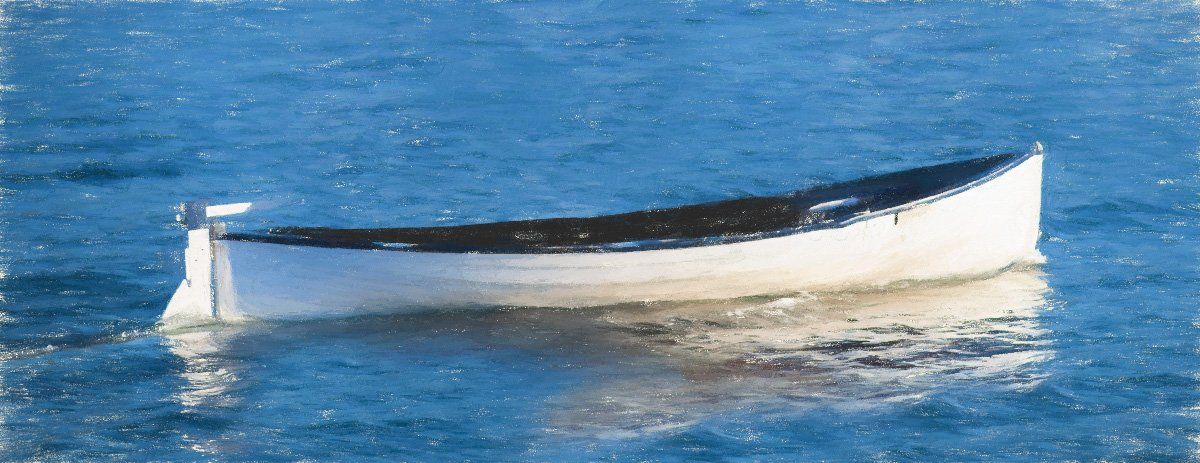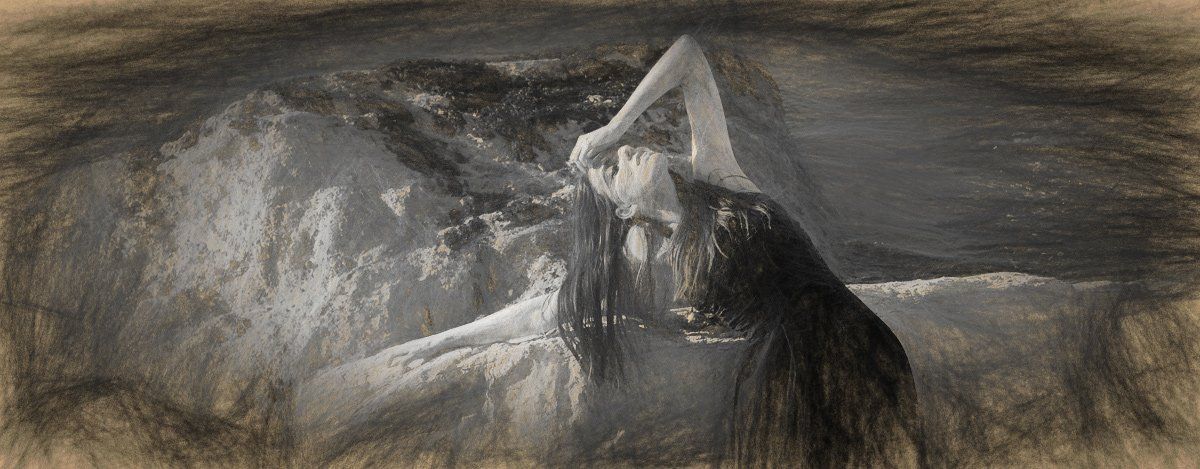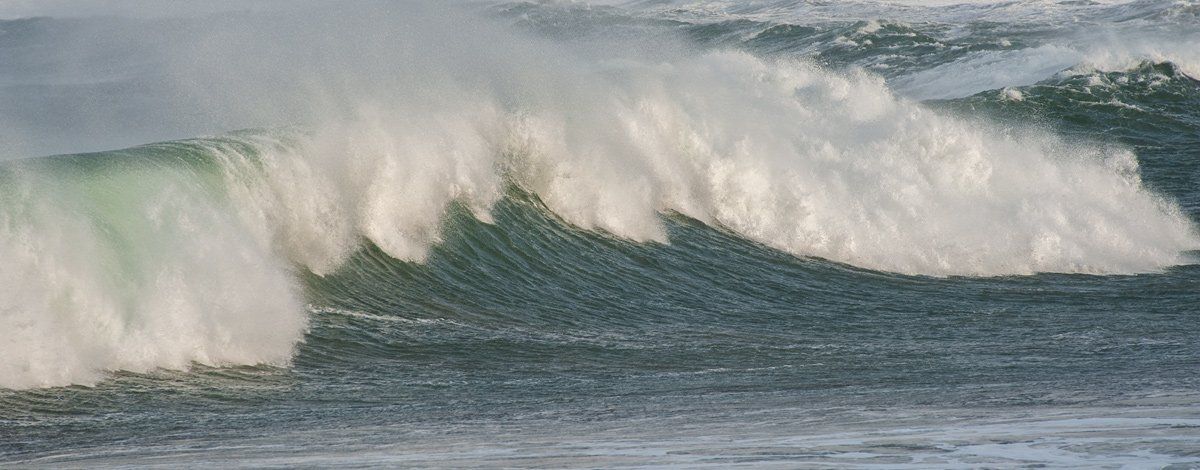Marina Jane
In December 1894, a hurricane-force storm hit the north coast, in Ballygally the storm claimed the life of a women called Jane Park who lived in a stone and wood shelter not too far from O’Halloran’s Castle. Jane was regarded as an eccentric and kept to herself, she was described as having tanned weathered features, long grey hair, soiled clothes and smoked a pipe. She arrived in Ballygally aboard a small drifting boat in the arms of her dead mother, she was adopted by a local family and grew up here and married a local tenant farmer who supplemented their low income by working aboard ships for a month or so at a time.
During one of his trips, Jane dreamed that he had been lost at sea and was so convinced by her dream that she could not focus on her chores or work. When he did not return she started going down to the shore every day in the hope of seeing his boat coming in. After many months of doing this their farm became neglected and her rent too, eventually the farm was taken from her and she was evicted. Homeless, without money and her husband she wandered to the only place she knew to go to, and that was the shore. Here she built herself a rough shelter from stone and driftwood and survived by community benevolence and gathering shellfish along the shore.
She had been warned by neighbours and the constabulary on many occasions to move up from the below the sea wall for safety. Previous storms had brought water into her door but she was stubborn and insisted to stay in case her husband returned. The storm swept all before it including her house and took her life too, she was found half a mile away from her shelter. In 1907, William Clarke Robinson from Glenarm published a book of poems and dedicated one to her called ‘Marina Jane’ in it he said: ‘The hungry sea had claimed what first it gave; She doubtless joined him after severance long; And o’er them both, beyond the broken wave, The sea wind sings its ever plaintive song.’



